How do you know for sure whether bankruptcy is right for you? Can you avoid bankruptcy altogether? Depending on your situation, it might be possible. To decide, you first need to understand your options.
IT ALL STARTS WITH A BUDGET
First, you need to create a realistic monthly budget. Income is usually easy to calculate. If you get paid once every two weeks, just multiply your net pay from a typical paycheck by 26 and divide that by 12 (if your paycheck is weekly, multiply by 52 and divide by 12). This will give you a rough estimate of what you have to spend each month. To figure your monthly expenses, start with necessities and regular payments — like mortgage, rent or car payments — but leave out all other long-term debts (such as credit cards, bank loans, etc.). How much money is left over each month? With that amount, could you pay off your debts at current interest rates in three years? What about five years?
If you need help with the budget, you could speak with a non-profit credit counseling agency. There are also online tools that can help you calculate how long it will take to pay your debts with the money you can set aside each month for payments.
SELLING ASSETS, BUT NOT RETIREMENT SAVINGS
If you cannot find a way to pay off the debts over three to five years by budgeting, what about selling things that you own to pay off the debts? If you have valuable assets that you do not need to live — a boat or an antique of significant value, for instance — you might want to consider selling the items to pay your bills. But in most situations you NEVER want to sell any part of your retirement savings. Retirement savings are generally protected from collection by your creditors. Plus, cashing in retirement savings can create new debts in the form of income taxes and penalties for early withdrawal. You just end up trading one debt for another. But if you have other assets you might be able to sell, speak with a financial counselor or get a free consultation with a bankruptcy lawyer to go over the pros and cons of this option, ideally before you sell anything.
GETTING OUTSIDE HELP
If budgeting and selling off assets aren’t going to work, you can contact a trustworthy non-profit credit counseling service for assistance. In most areas, you can call the United Way’s 2-1-1 service to get a list of agencies you can trust (we also keep this information in our office). To be honest, there often isn’t much these agencies can do to reduce the debt amounts. But they can review your budget again and help you prioritize your payments if you have more than one debt. Sometimes that can be a good intermediate step before you commit to bankruptcy, just to get an outside opinion.
WHAT ABOUT DEBT SETTLEMENT?
When you are struggling with debt, it is hard to avoid all the ads for debt settlement schemes. Most of these agencies work for profit and promise to help you deal with all of your creditors if you just send them a regular monthly payment. These services almost never work. They might be able to settle a few smaller bills but they’ll take a hefty fee to do this. Meanwhile, the other bills just keep growing and you are often left with an even bigger problem months later.
SO WHEN DOES BANKRUPTCY MAKE SENSE?
There is no simple formula to calculate the bankruptcy decision, but if you cannot realistically pay off your debts within three to five years, you should at least get a free bankruptcy consultation. In general, the older you are, the more dependents you have, and the larger your debts, the more likely it will be that bankruptcy will significantly improve your financial situation and help you move forward towards a more comfortable and stress-free life.
Image credit: Chris Potter



